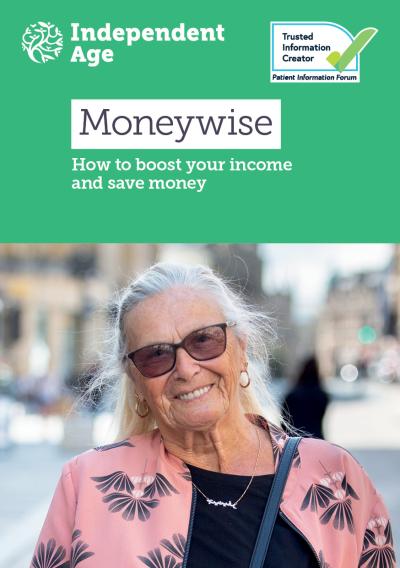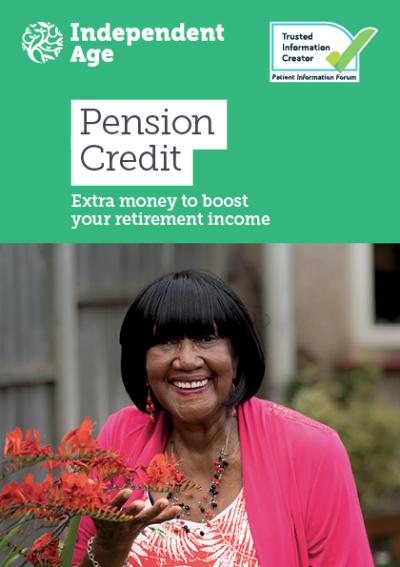Related publications

Moneywise

If you watch television, you will probably need a TV licence. It doesn’t matter which channel you watch or what kind of device you use. If you or someone you live with is 75 or over, you may be able to get a free TV licence. Even if you cannot get a free TV licence, you may qualify for a discount.
You must have a valid TV licence if you:
Even if you don’t have a television, you may still need a TV licence for other devices – for example, a computer, laptop, tablet, digital box, games console or DVD recorder.
You can check if you need a TV licence on the TV licensing website.
If you're moving home, you will need to change the address on your TV licence. You can do this up to three months before you move - visit TV Licensing for more information.
The free TV licence scheme for people aged 75 or over changed in August 2020. You can only apply for a free TV licence if you’re aged 75 or over and you, or your partner living at the same address, is getting Pension Credit. This can be Savings Credit or Guarantee Pension Credit.
The TV licence can be in your name or in someone else’s name if you’re living at the same address, but the licence holder must be aged 75 or older and in receipt of Pension Credit.
You won’t get a free licence automatically. You need to apply online or by phone. You’ll also need to send proof that you – or the licence holder, if that is not you – are getting Pension Credit and are aged 75 or over. You can prove this with a copy of one of the following from the past 12 months:
If you get a free TV licence, it covers you and anyone else you live with, no matter how old they are. If the licence at your address is in someone else's name, you’ll need the current licence number when you apply for your free licence.
If no one in your household is receiving Pension Credit, you’ll need to pay for your TV licence.
To find out if you qualify for Pension Credit, use our benefits calculator or call our Helpline to arrange to speak to an adviser.
If you’re registered as severely sight impaired (blind), you can apply for a 50% discount on your TV licence. The licence will also cover anyone else who lives with you. You can find out how to apply on the TV licensing website.
You’ll need to send a copy of one of the following:
See the full list of acceptable documents on the TV Licensing website.
You won’t be able to get a discount if you’re sight impaired (partially sighted).
If you need information in Braille or audio, or you need other adjustments because of a disability, contact TV licensing on 0300 790 6076.
If you live in a care home, or supported or sheltered housing, you may qualify for an ARC Concessionary Licence. This is a special TV licence that costs £7.50 a year per room, flat or bungalow. You must be over 60 and retired (or working no more than 15 hours per week), or disabled. The place where you live must also qualify. Speak to the manager or warden to find out if your care home qualifies, and to ask for them to arrange this concession for you.
You won’t need a licence if you only watch television in common areas, such as a residents’ lounge.
You can apply for a TV licence on the TV Licensing website or by post, phone or at any PayPoint. There are different ways to pay. If you find it difficult to pay for your licence, you could spread the costs by setting up a Direct Debit or using a TV licensing payment card.
In some situations, you may qualify for a Simple Payment Plan. You can’t apply for this yourself – you need a referral from certain charities or debt advice agencies. These include Citizens Advice, National Debtline and Money Advice Scotland. You can find local debt advice agencies on the MoneyHelper website. Call our free Helpline on 0800 319 6789 for more information.
If you watch television without a valid TV licence, you may be prosecuted. Contact TV Licensing and ask them to help you work out the best way for you to pay. TV Licensing has more information about what to do if you're struggling to pay.
Scammers sometimes target TV licensing customers. They may call you or send letters, emails or texts telling you that:
Scams can be very convincing. TV Licensing has advice on how to spot and report a TV licence scam.
To find out more about how you can protect yourself and what to do if you have been scammed, visit our scams pages.

For more information, visit tvlicensing.co.uk.
To find out if you qualify for Pension Credit, read our free guide or call our Helpline to arrange to speak to an adviser.